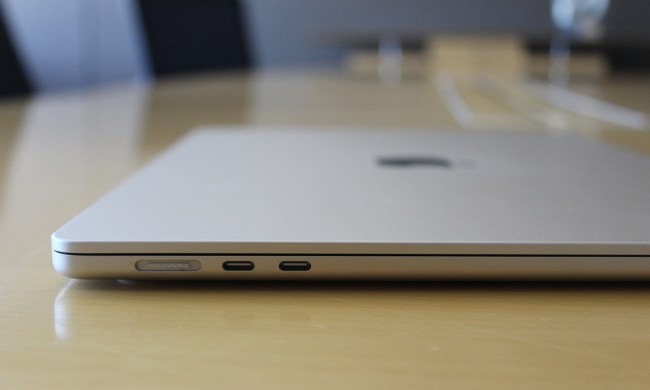
The most common place to spot Apple hardware is in its mobile devices like the iPhone and iPad. However, in 2016 and 2017 Apple introduced the T1 and T2 co-processors, which offloaded some of the functions from the Intel CPU to the Apple design.
The report from Bloomberg highlights that only two Mac lines currently use those custom Apple processors: The MacBook Pro with Touch Bar and iMac Pro. However, it claims that Apple is working on “at least three” new Mac models that are built using its own custom processors, with plans to release them as soon as this year. The source is said to be someone “familiar with the matter.”
Where the report wasn’t specific is in what models we can expect to see refreshed with Apple hardware inside. It does suggest that it will include “updated laptops and a new desktop,” but doesn’t cite a range or model. It could be that with the MacBook Pro with Touch Bar utilizing an Apple T1, that we’ll see more MacBooks introduced using Apple co-processors. It is unlikely to relate to the MacBook Pro though, as previous reports suggested that we wouldn’t see anything meaningful from the MacBook Pro range in 2018.
Apple’s Jony Ive did recently state that Apple was well aware of concerns Mac fans had about the various Apple hardware ranges though, lending more credence to the rumor of a 2018 hardware refresh of some ranges.
Steve Jobs was a big fan of Apple building its own chips to put in its own products. Not only does it give Apple more control over the supply chain, but if it does the job right, it should mean better products and higher profit margins for Apple. Considering how dangerous the recent Spectre and Meltdown bugs proved to be, too, it may be that using its own hardware could make its products more secure.



